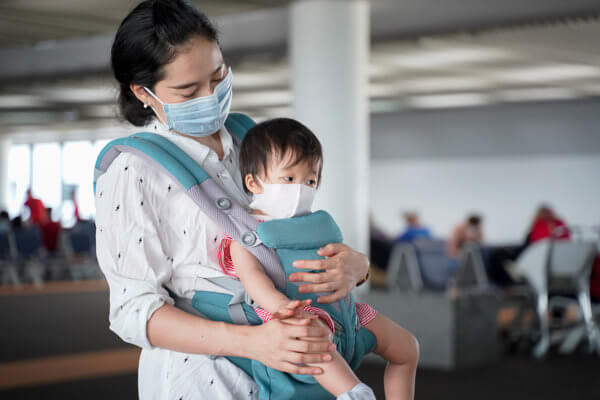Article courtesy of Consumer Reports Guide to Baby Products The right information can help keep your baby healthy and alert you to potential problems. Here, we set the record straight on two common myths about illness. Myth #1: Babies need to get sick to build their immune system. Reality check: Your baby does not have to become ill to develop a robust immune system. Preventive care is a much better option. “Routine vaccinations, including a yearly flu shot, will boost the immune system enough,” says Philip M. Tierno, Jr., Ph.D., director of clinical microbiology and immunology at New York University Medical Center in New York City and author of The Secret Life of Germs. In addition, contact with germs themselves—from people, plants, or animals—will boost immunity. Of the 60,000 potential germs of all types only about 2 percent are overtly pathogenic. Most are innocuous and act to stimulate the immune system without making us sick. Myth #2: Any temp over 98.6 degrees F = fever. Reality check: Most pediatricians consider any thermometer reading above 100.4°F a sign of a fever, not 98.6°F as you might suspect. That’s because “normal” body temperature fluctuates in each of us throughout the day, depending on our age, general health, activity, how much clothing we’re wearing, and the time of day. It tends to be lower in the morning and higher between late afternoon and early evening. There’s a “normal,” healthy temperature range for everyone. For children, it can run between 98.6°F or so and 100.3°F. Because accuracy can vary depending on the temperature-taking method you’re using, mention whether you took your baby’s temperature rectally or some other way when you call the doctor. Your pediatrician probably will ask anyway.
The RIGHT information can help keep your baby healthy.



